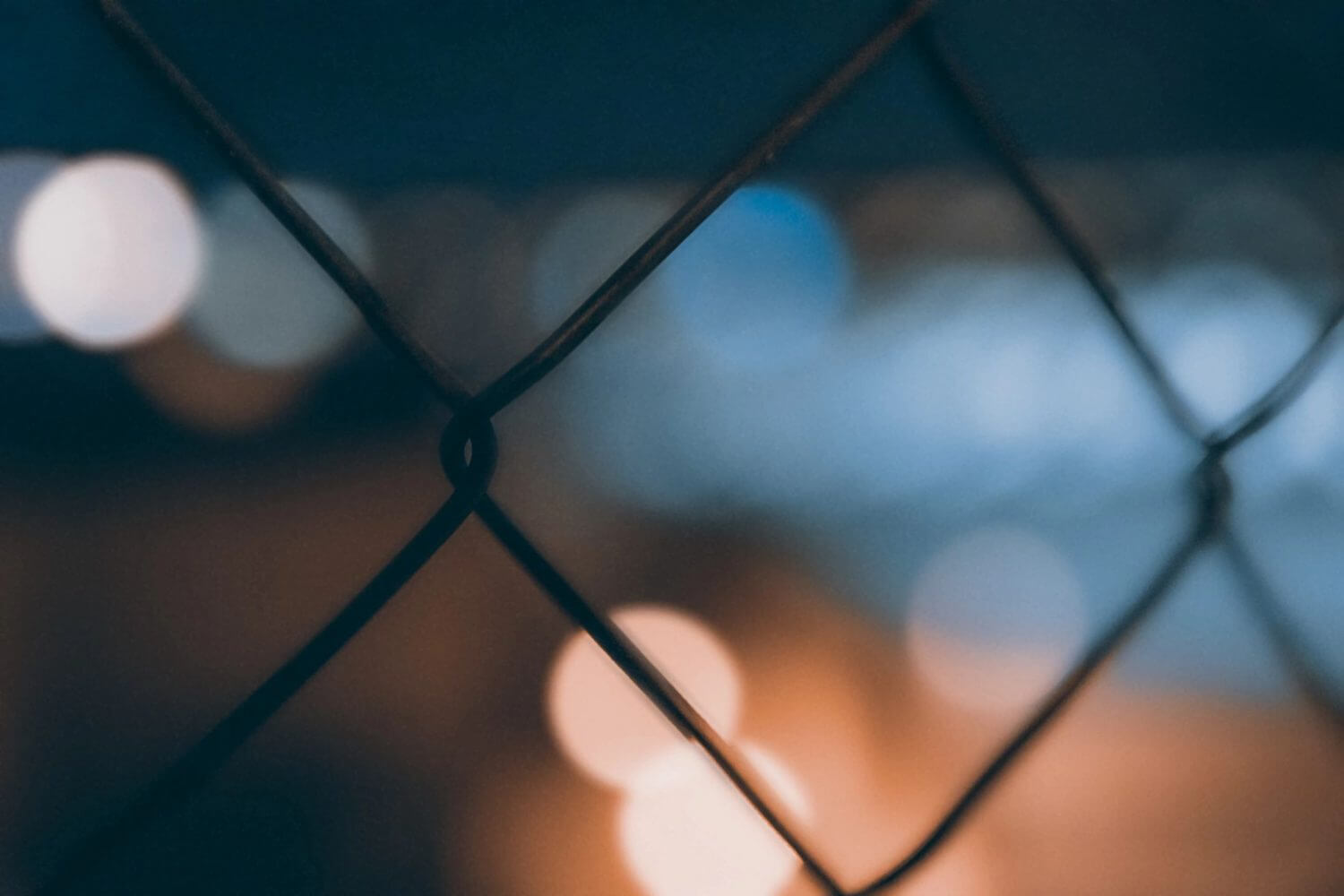Do you ever feel guilty for doing drugs? Not in an “I know this is bad for me” or “I can’t really afford this” sort of way, but in a more global sense. Maybe you’ve never considered it, but drug cultivation affects the environment, crime rates, and even helps to fund terrorism. Maybe you’re thinking that you only use occasionally, so you aren’t really contributing to all this guilt-inducing stuff, but the truth is that the effects of that one baggie can be farther reaching than you imagined.
Where go drug cartels, so too does violence. Consider a two-week period during May 2015 in Tijuana, Mexico, during which severed heads were found scattered across the city. One was on a highway, two in a cooler near a children’s museum, and another in a box near the rest of the victim’s remains. The heads came with messages from the Sinaloa cartel, an international drug trafficking, money laundering, and organized crime syndicate. Other, weaker drug gangs had been encroaching on their territory, and the beheadings were a signal that they weren’t going to stand for it. It’s not just Mexico that’s feeling the effects of this increasingly powerful gang. That same cartel was responsible for several deaths in Alabama in 2018, including one in which a grandmother was stabbed and left to die in front of her 13-year-old granddaughter, who was then beheaded. Mexican drug cartels rake in between $19 billion and $29 billion annually from drug sales in the United States.
Now consider the toll on the environment. Cocaine production is particularly damaging to the environment, particularly in South America, where most of the world’s supply originates from. Cocaine manufacturers will slash and burn huge areas of rainforest, which are home to a diverse population of flora and fauna, some of which are endangered. If you’re not particularly concerned about the environment, there’s a human toll as well. Cocaine cultivation can cause soil erosion, leading to floods and landslides. Chemicals that are used to kill the plants that are seized by law enforcement find their way into the soil and water, contaminating both and killing off crops planted by legitimate farmers.
It’s laughable to think that changes are going to start at the top. The world’s most dangerous gangs and terrorist organizations use violence as a tactic to stay in control, and they certainly don’t care about the environment. There’s not much law enforcement can do, either, if the fact that most of these cartels have been in business for decades is anything to go by. Some people suggest that legalizing drugs would solve a lot of these problems, because then cultivation could be regulated. Others advocate for abstinence, on the theory that without a demand for drugs, the suppliers be weakened to the point of ineffectiveness.
If you or a loved one need help with quitting drugs or alcohol, consider Asana Recovery. We offer medical detox, along with both residential and outpatient programs, and you’ll be supervised by a highly trained staff of medical professionals, counselors, and therapists. Call us any time at (949) 438-4504 to get started.



